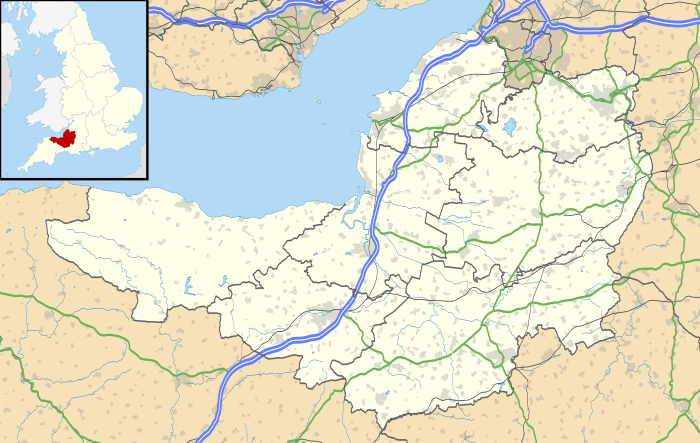Argyle Street, Bath
| Argyle Street, Bath | |
|---|---|
|
View of Argyle Street, Bath looking east from Pulteney Bridge | |
| Location | Bathwick, Bath, Somerset, England |
| Coordinates | 51°23′0″N 2°21′26″W / 51.38333°N 2.35722°WCoordinates: 51°23′0″N 2°21′26″W / 51.38333°N 2.35722°W |
| Built | circa 1789 |
| Architect | Thomas Baldwin |
| Architectural style(s) | Georgian, with some later shopfronts |
Listed Building – Grade II | |
| Official name: Numbers 1 to 5 | |
| Designated | 11 August 1972[1] |
| Reference no. | 1394146 |
Listed Building – Grade II | |
| Official name: Number 6 | |
| Designated | 12 June 1950[2] |
| Reference no. | 1394147 |
Listed Building – Grade II | |
| Official name: Argyle Congregational Chapel | |
| Designated | 12 June 1950[3] |
| Reference no. | 1394150 |
Listed Building – Grade II | |
| Official name: Number 7 | |
| Designated | 12 June 1950[4] |
| Reference no. | 1394148 |
Listed Building – Grade II* | |
| Official name: Numbers 8 to 17 | |
| Designated | 12 June 1950[5] |
| Reference no. | 1394149 |
 Location of Argyle Street, Bath in Somerset | |
Argyle Street (formerly Argyle Buildings) is a historic street in the centre of Bath, England located between Pulteney Bridge and Laura Place.
History
As part of the Bathwick Estate, Argyle Street was designed by Thomas Baldwin for Sir William Pulteney. Construction of the street was completed around 1789. The buildings were intended to serve as residential townhouses like those immediately adjacent in Laura Place. However, over several decades shopfronts were added to form an extension to the shopping parade on Pulteney Bridge. As a result the street now has a fine selection of shopfronts with designs from several different architectural periods.[6] Particularly noteworthy are the late Georgian shopfronts to numbers 8, 9, and 16,[7] and Victorian shopfronts to numbers 6, 7, and 12.
The Argyle Congregational Chapel is located on the north side of the street between numbers 6 and 7. It is used by a United Reformed Church congregation.[8]
-

Numbers 1 - 5
-

Argyle Congregational Chapel, flanked by Number 6 (left) and Number 7 (right)
-

Victorian shopfront to Number 6
-

Late Georgian shopfront to Number 8
-

Late Georgian shopfront to Number 9
-

Victorian shopfront to Number 12
See also
References
- ↑ Historic England. "Numbers 1 - 5 (1394146)". National Heritage List for England. Retrieved 4 April 2015.
- ↑ Historic England. "Number 6 (1394147)". National Heritage List for England. Retrieved 4 April 2015.
- ↑ Historic England. "Argyle Congregational Chapel (1394150)". National Heritage List for England. Retrieved 4 April 2015.
- ↑ Historic England. "Number 7 (1394148)". National Heritage List for England. Retrieved 4 April 2015.
- ↑ "Numbers 8 - 17". British Listed Buildings. Retrieved 8 June 2014.
- ↑ Ison, Walter (1948). The Georgian Buildings of Bath. Bath: Pitman Press. p. 164. ISBN 1904965008.
- ↑ Bath Shopfronts. Devenish & Co. Ltd. 1993. p. 11. ISBN 0-901303-29-1.
- ↑ "About Us". Bath Central United Reformed Church. Retrieved 8 June 2014.
